The graceful posture, tender features, and meticulous details (curly hair, bare feet, texture of the fabric) attest to the refinement of Lapini, known for his genre scenes imbued with gentleness and bourgeois morality.
The inscription "Volere è Potere" - "Where there's a will, there's a way" - recalls the educational and social ideals of the time: the triumph of will over obstacles, the dignity of work, and the valorization of the domestic sphere.
Cesare Lapini is a major figure in late 19th-century Florentine sculpture. He primarily sculpted female and child figures in marble, treating everyday scenes with an academic aesthetic tinged with Romantic grace.
Highly sought after in European and American bourgeois circles, Lapini regularly exhibited at salons and sold his works through a network of Florentine publishers specializing in the export of decorative art.



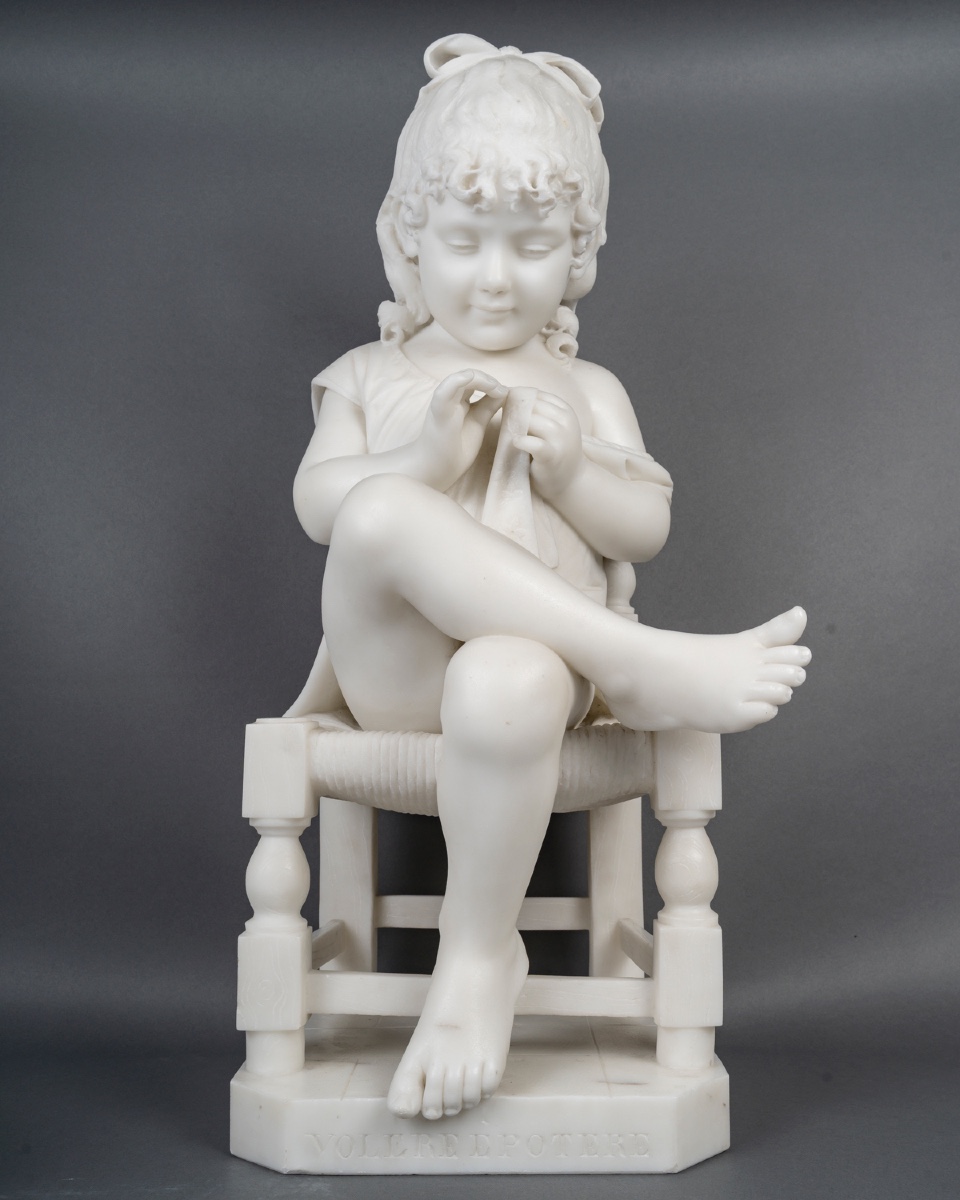










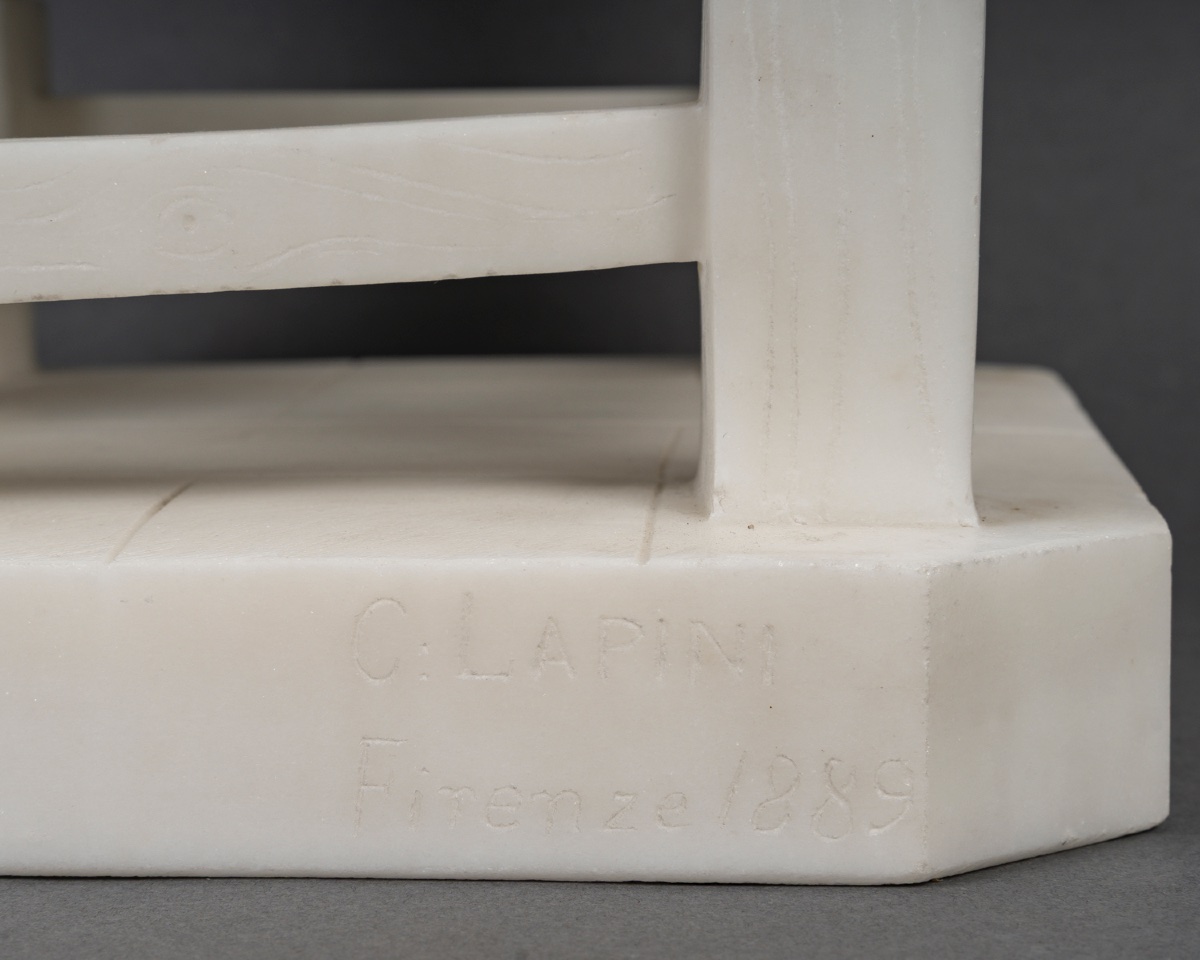




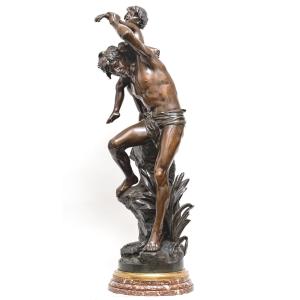
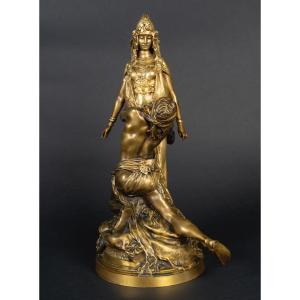


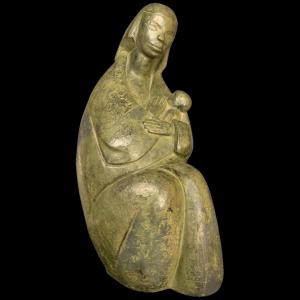
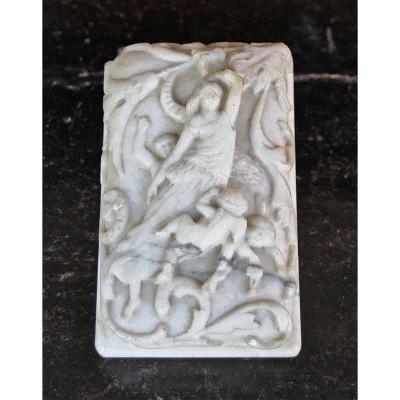





 Le Magazine de PROANTIC
Le Magazine de PROANTIC TRÉSORS Magazine
TRÉSORS Magazine Rivista Artiquariato
Rivista Artiquariato
